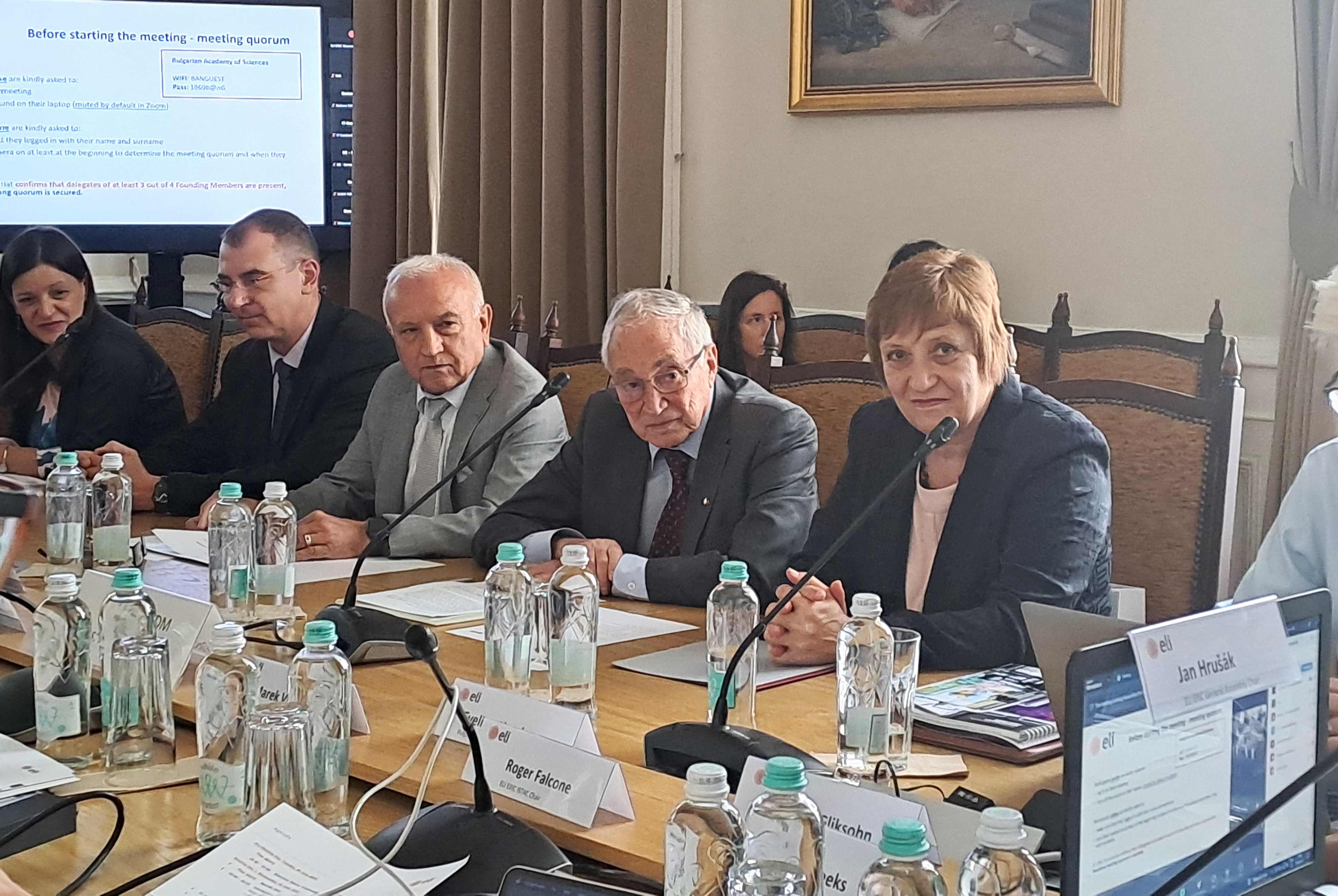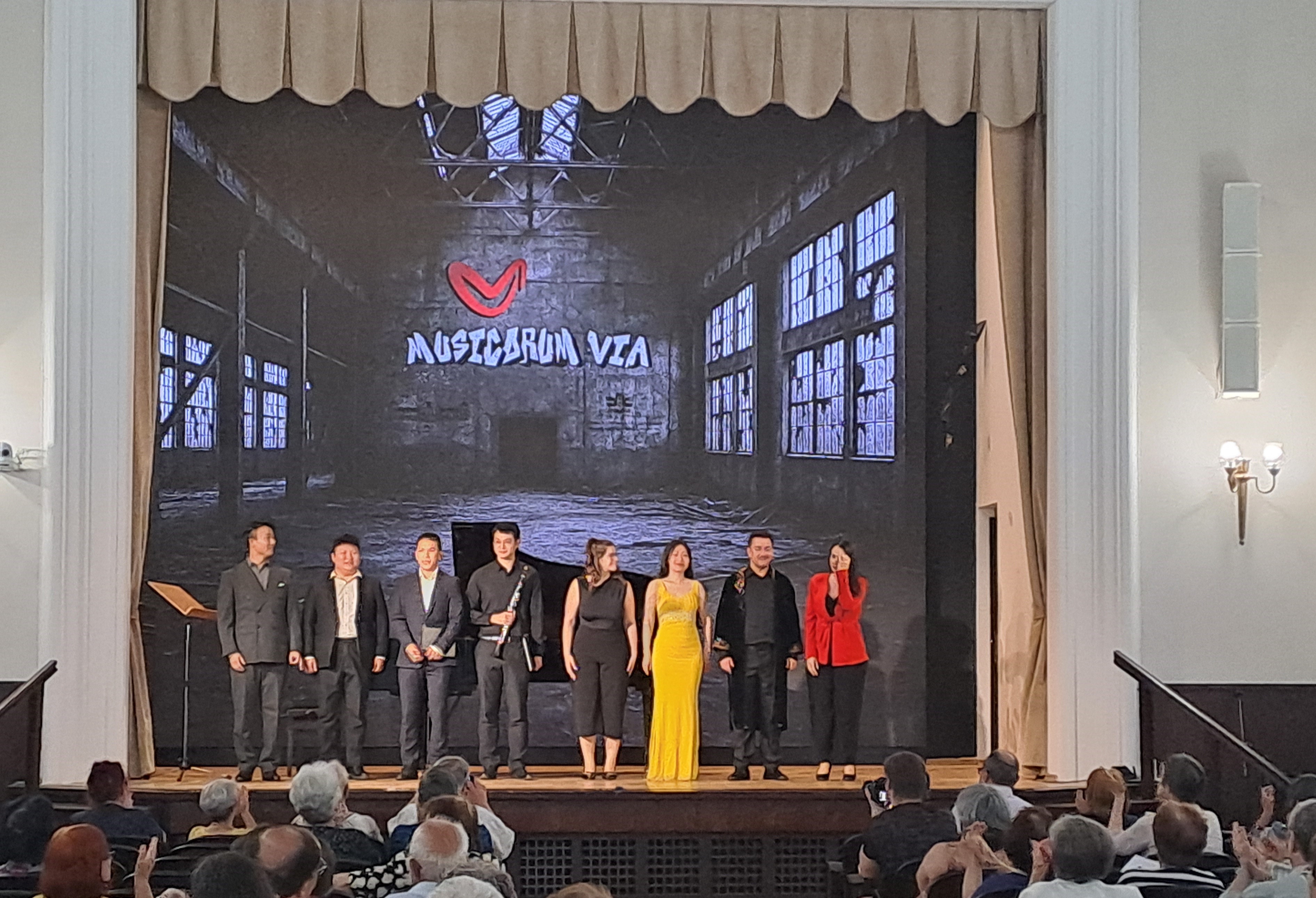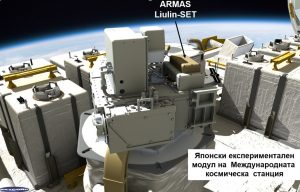
The Liulin-SET instrument, developed at the Space Research and Technology Institute of the Bulgarian Academy of Sciences (SRTI – BAS) will fly into space on 19 February.
The head of the team that developed the instrument is Prof. Tsvetan Dachev. Members are the scientists Assoc. Prof. Mityo Mitev, Sen. Asst. Prof. Borislav Tomov, Sen. Asst. Prof. Yuri Matviychuk and Eng. Plamen Dimitrov from the Solar Terrestrial Physics Department. This is the 23rd instrument, developed in the department that will work in space.
The instrument was commissioned by Space Environment Technologies company (Pacific Palisades, CA, USA) and is part of the ARMAS (Automated Radiation Measurements for Aerospace Safety) module. After successful testing, it is ready for launch to the International Space Station (ISS).
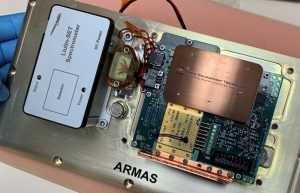
The ARMAS module and its included Liulin-SET will simultaneously measure the space radiation dose of the Japanese Experiment Module, which is part of the Japanese segment of the ISS. After a period of 6 months to one year, ARMAS and the included Liulin-SET will be returned to Earth for analysis of the accumulated data. Space radiation dose is a key parameter for the health of the cosmonauts and astronauts on board the ISS.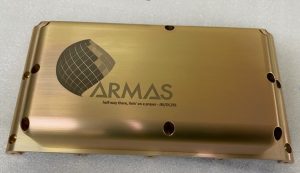
The launch of ARMAS is scheduled for 19 February 2022, and will be carried out by the Northrop Grumman Antares rocket from NASA’s spaceport on the east coast of the state of Virginia, USA.
Coverage of the rocket launch will be broadcast live on NASA TV at http://www.nasa.gov/nasatv and at https://www.nasa.gov/wallops/2022/feature/watch-the-february-antares-launch-to-the-international-space-station-from-nasa-wallops.
More information about the Liulin-SET instrument and the ARMAS mission is available at http://www.space.bas.bg/SES/archive/SES%202021_DOKLADI/1_Space%20Physics/1_Dachev.pdf and https://spacewx.com/wp-content/uploads/2021/05/FM9-overview.pdf
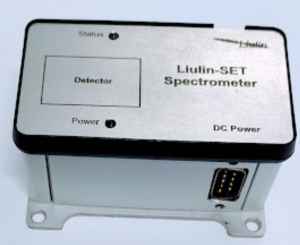 Two more instruments developed in the Solar Terrestrial Physics Department are expected to be launched into space by the end of 2022. One will be the Liulin-ML instrument, which will fly to Mars in September 2022. It is expected to land on the surface of Mars in March 2023 and, with the Liulin-MO instrument in orbit around Mars, carry out joint research not conducted by anyone before. The other instrument is Liulin-CNR-VG, which will fly in a mission to 86 km altitude with Italian researchers on one of the new rocket planes of the company Virgin Galactic.
Two more instruments developed in the Solar Terrestrial Physics Department are expected to be launched into space by the end of 2022. One will be the Liulin-ML instrument, which will fly to Mars in September 2022. It is expected to land on the surface of Mars in March 2023 and, with the Liulin-MO instrument in orbit around Mars, carry out joint research not conducted by anyone before. The other instrument is Liulin-CNR-VG, which will fly in a mission to 86 km altitude with Italian researchers on one of the new rocket planes of the company Virgin Galactic.


